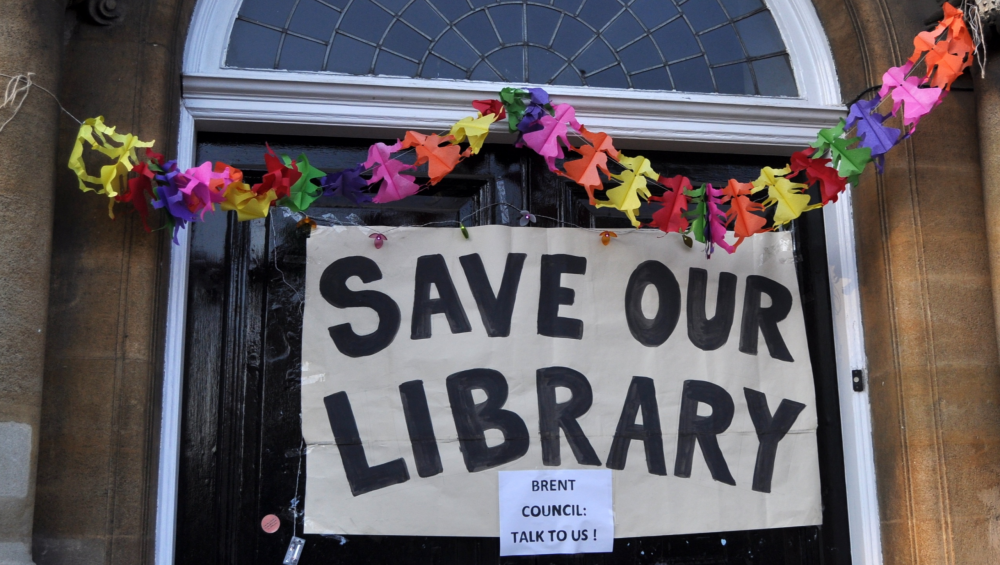Welcome to the blog page for our project The Future of Civic Culture in the UK?
Over the past six months, colleagues in the department of Media, Culture and Heritage at Newcastle University have been working with staff at the Tyne & Wear Archives & Museums to develop a project that explores the impact that austerity is having on publicly funded cultural organisations with a civic purpose.
In a time of mass cuts to local authority funding (which, according to estimates from the Local Government Association, will reach 60% by 2020), councils are having to make difficult decisions between maintaining frontline statutory services, and continuing to fund services such as museums, parks and libraries. This has, almost inevitably, resulted in a dramatic shortfall in funding for these organisations with some city authorities, such as in Newcastle upon Tyne, cutting budgets to organisations such as parks by 97%.
The effects of these cuts on the public cultural sector are wide ranging (for a summary of this, see our blog post on regional impacts of the cuts), however a notable response from the sector has been to justify the little public money it now gets on the grounds of the civic work performed by museums, parks and libraries (see, for example, recent reports from the English Civic Museums Network and the Gulbenkian Foundation).
The Future of Civic Culture in the UK? explores the re-energisation of the civic, as found in policy discourse and manifestos of our local authority museums, parks and libraries, asking as it does so, what it means to be a civic cultural organisation in an age of austerity. The project has been divided into two halves. The first was an event held on July 2nd 2019 at Newcastle University, which brought together a number of academics, sectoral leaders and practitioners to explore these issues. The second half of the project, which we are following up now, involves conducting interviews with people working in these sectors across the UK, to get their perspectives on the particular challenges and opportunities facing their civic organisations now. Perspectives from some of those we interviewed, plus additional voices from these sectors can be found in the ‘Reflections from the Sector’ page here.
Throughout the project, we have asked how austerity has affected the ability of public cultural organisations to perform a civic role at a time when the potential of these spaces to act as meeting points for negotiation of difference is most needed. Our intention is to stimulate conversations around how this impacts wider issues of equality, diversity, inclusion and social justice. What, we ask, is the future of civic culture in the UK?
